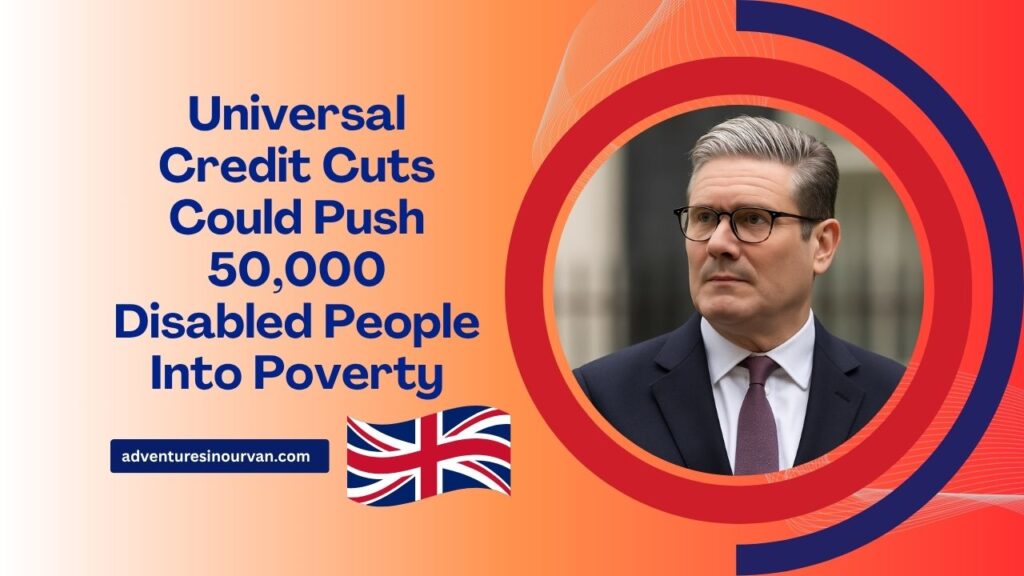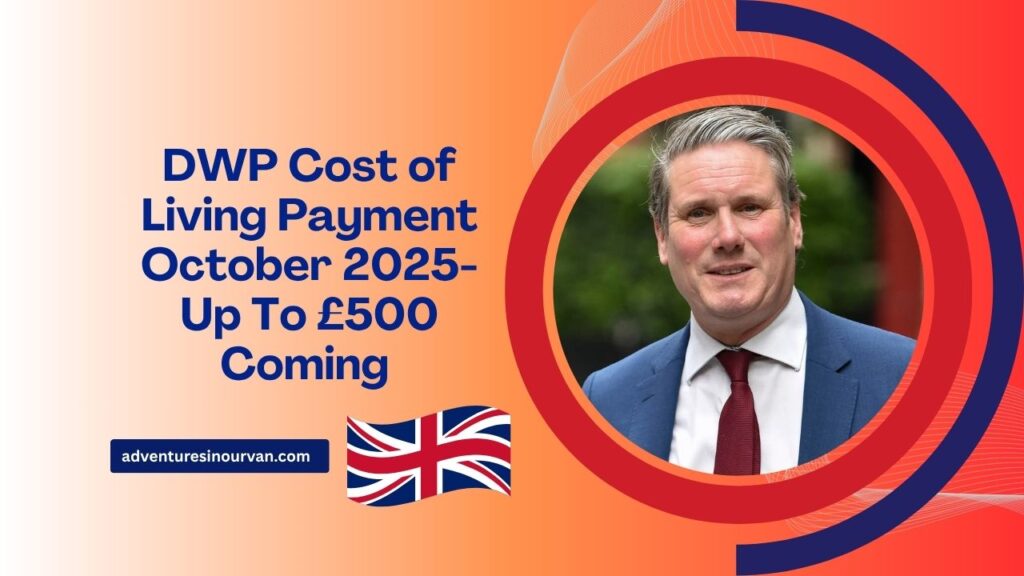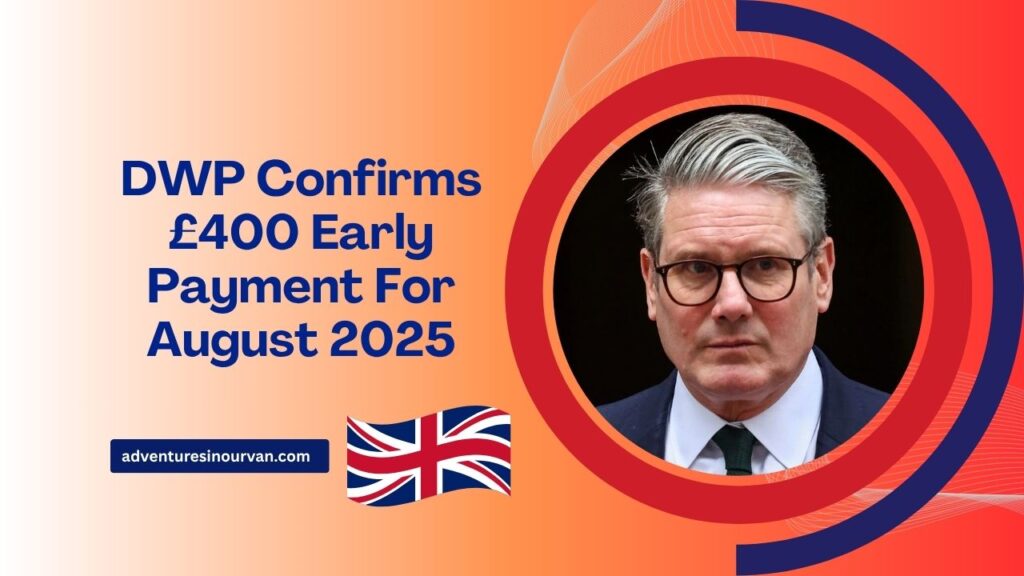Planned Universal Credit (UC) cuts have sparked serious concern across the UK, with Parliament’s Work and Pensions Committee warning that the proposed changes could push around 50,000 disabled people into poverty by 2030.
The alarming estimate is linked to drastic reductions in the health component of Universal Credit benefits, a move that experts argue could have devastating social and economic consequences.
With the Universal Credit and Personal Independence Payments (PIP) Bill already approved in principle, pressure is mounting on the government to delay the cuts and reassess their impact on public health, labour market participation, and poverty.
What Are the Universal Credit Health Component Cuts?
Under the current system, disabled or unwell claimants can receive a monthly health component of £423.27 as part of their Universal Credit claim. However, new plans would see this amount slashed to £217.26 per month – effectively halving financial support for those with health conditions or disabilities.
Further, young people under 22 years of age will be excluded entirely from eligibility for this health component, regardless of their medical circumstances. These changes are expected to come into effect starting April 2026.
Key Details of the UC Cuts
| Policy Change | Current | Planned from April 2026 |
|---|---|---|
| Health Component Monthly Rate | £423.27 | £217.26 |
| Eligibility Age for Health Component | 16 and above | 22 and above |
| Projected People Affected | — | 50,000 by 2030 |
| Implementation Date | — | April 2026 |
Committee’s Warnings and Recommendations
The Work and Pensions Committee, chaired by Debbie Abrahams, has called the government’s failure to properly assess the cuts’ impact “concerning.” According to their March analysis, the reduction in the UC health premium would directly cause tens of thousands of individuals and families to fall into poverty, particularly those who newly develop health conditions or disabilities.
The Committee stated that without accompanying policy changes—such as increased NHS capacity, targeted employment support, or labor market reforms—these cuts could be harmful and counterproductive.
They have therefore recommended delaying the cuts until a comprehensive impact assessment is completed and mitigating systems are in place.
Why the Cuts Matter
The decision to cut the health component coincides with a time when more people than ever are being diagnosed with chronic physical and mental health conditions. This includes anxiety, depression, mobility issues, and long-term illnesses that significantly impair a person’s ability to work or function independently.
The proposed changes undermine the government’s own commitment to a fair and inclusive welfare system, placing the financial burden on those least able to cope.
Long-Term Impact: 50,000 at Risk
The most shocking statistic from the analysis is the projection that 50,000 people could fall into poverty by 2030 due to the reduced support. This figure includes disabled individuals and their household members, highlighting the ripple effect of benefit changes on families and caregivers.
With the rising cost of living already pushing many households to the edge, this cut could widen inequalities and increase demand on local services, charities, and the NHS.
What Needs to Happen Now?
Advocacy groups, disability charities, and MPs alike are demanding:
- Delay of the cuts until a full impact assessment is conducted
- Investment in employment and health services to support long-term sick individuals
- Development of a revised Universal Credit system that protects the most vulnerable
The planned Universal Credit cuts for disabled people pose a serious threat to the financial stability of thousands of UK households.
With the health component set to be halved in April 2026, experts warn that up to 50,000 people could be pushed into poverty by the end of the decade.
The government is being urged to pause these reforms and focus on strengthening support structures before making such significant policy shifts. As the debate continues, it’s clear that the decisions made now will shape the well-being of countless disabled individuals and their families in the years ahead.
FAQs
When are the Universal Credit cuts set to begin?
The proposed cuts are scheduled to be implemented from April 2026.
How much financial support will be reduced under the new UC plan?
The monthly health component will be cut from £423.27 to £217.26.
Who will be excluded under the new eligibility rules?
Individuals under the age of 22 will no longer qualify for the UC health component, regardless of their health condition.



